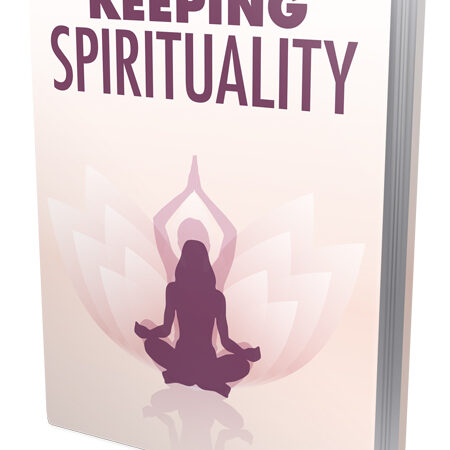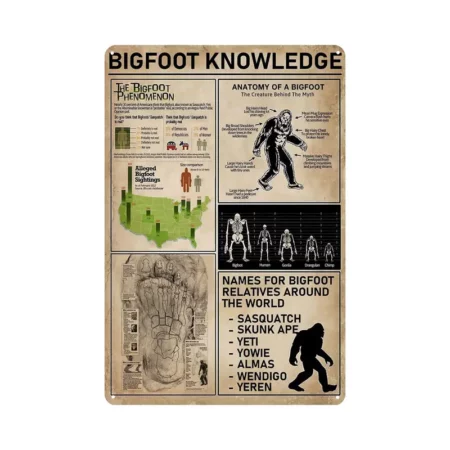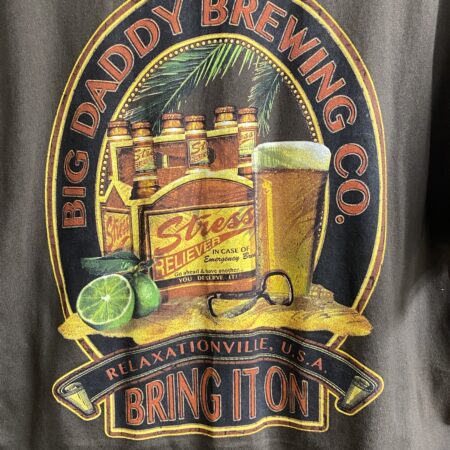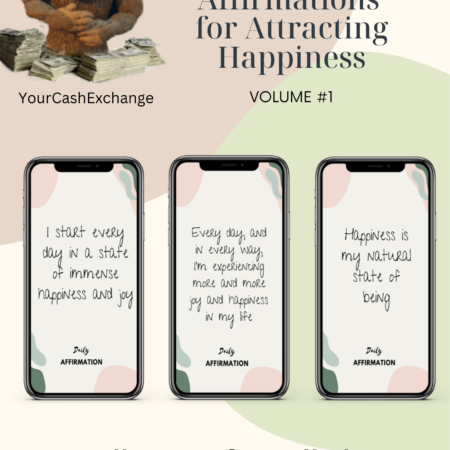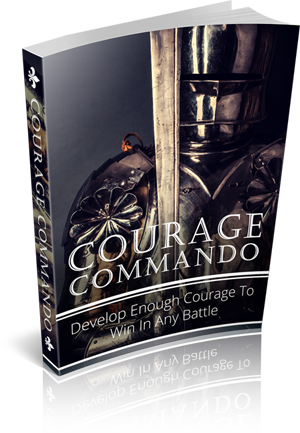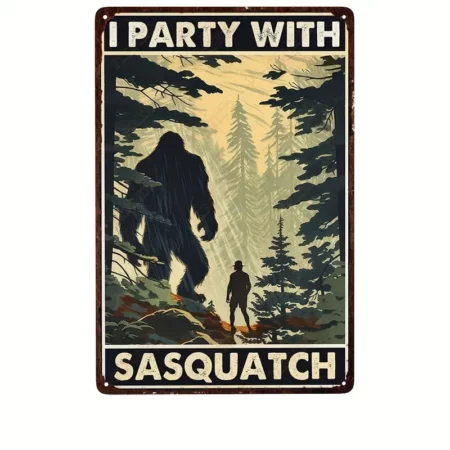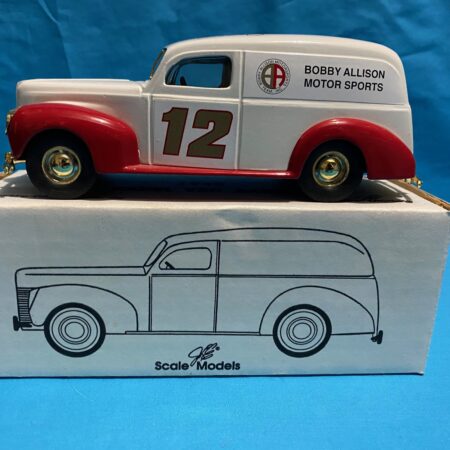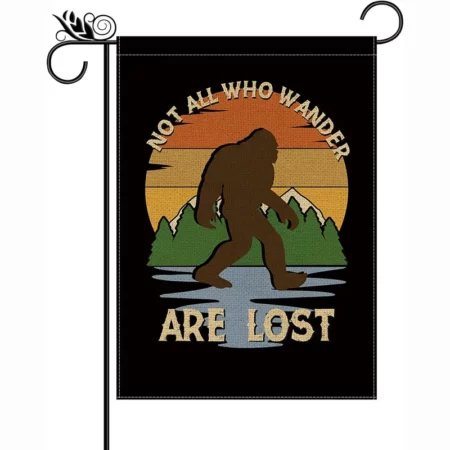The Civil War
America has been part of some devastating battles over her long history. World War I and World War II were tremendously difficult conflicts and ones that taxed the nation’s resources to the maximum. But none of those conflicts can compare to The Civil War not only for the brutality and devastation of human life but in the damage to social fabric that was caused by that terrible conflict.
America is proud that it has never had a battle on its native soil. Other than Pearl Harbor and 911, we have never even been attacked on our own soil. So it took a war of brother against brother, American against American to make even the possibility of war within the borders of America even possible.
The war’s statistics are staggering for a relatively short conflict. The war started on April 12. 1861. It was the confederacy that drew first blood attacking Fort Sumter in South Carolina. The battles of the Civil War and legendary. We have come to honor the dead of both sides of this bloody conflict by preserving many of those historic battlefields even to this day.
Throughout the war, the North was at an advantage in preparation, equipment and supplies. But General Lee, who commanded the confederate army, was a brilliant strategist and the battles often resulted in massive casualties on both sides. When the final tally was drawn up, over 970,000 American citizens died from the Civil War. While that may not compare numerically to the huge losses in the two world wars later to come, this figure represented 3% of the American population at the time. And since the huge majority of the war dead were from America’s youth, the hope for her future, the set back this war had on the development of America’s economy was truly remarkable.
In modern times we look back on the Civil War as a titanic battle to bring an end to the horrors of slavery in this country. And to be sure, the Civil War is and will forever remain a central part of black history and the beginning point of the civil rights movement in America. But the causes of the Civil War were complex and diverse which only made negotiation and resolution of the war more difficult in advance of conflict.
Part of the issue that was being fought out was the rights of states for self determination as balanced with the rights of the federal government to determine affairs in the individual states. On the surface, this may seem trivial compared to ending slavery but put in context, it was a critical relationship to iron out in light of our not very distant memory of our revolution against England for trying to impose unreasonable controls on the colonies.
American’s are fiercely independent people and that independent spirit was born in the battles of the revolutionary war where America stated firmly that they would no longer bow to a king or let the centralized government have such sweeping control over individual lives. The outrage over how England tried to put the colonies under servitude was the foal that caused the explosion known as the Revolutionary War. And much effort was made to assure there was language in the constitution and other critical documents to assure that the federal government would be severely limited from interfering in the lives of its citizens.
Beyond that the preservation of the union as one country was also in contest in the Civil War. But it was the moral issue of slavery that made the Civil War such an emotional issue and one that caused people to fight with such ferociousness to defend their side. In the end, even Abraham Lincoln made slavery the central rational for the war and determined that the end of this barbaric practice would be the legacy of this horrible conflict.
But one thing that also was a legacy of the Civil War was the determination that we, as Americans, would never turn our war machine on our own citizens again. The war tore families apart and literally caused brother to war against brother. Since reconstruction and the union of America, the country has had a bruise in its national psyche over this war and that bruise reminds us that we are one people and we would always be one people devoted to the causes of truth, justice and the American way of life.
Random Products
-
Big Daddy Brewing Co. Bring it On – t-shirt
$29.00Original price was: $29.00.$20.00Current price is: $20.00.

